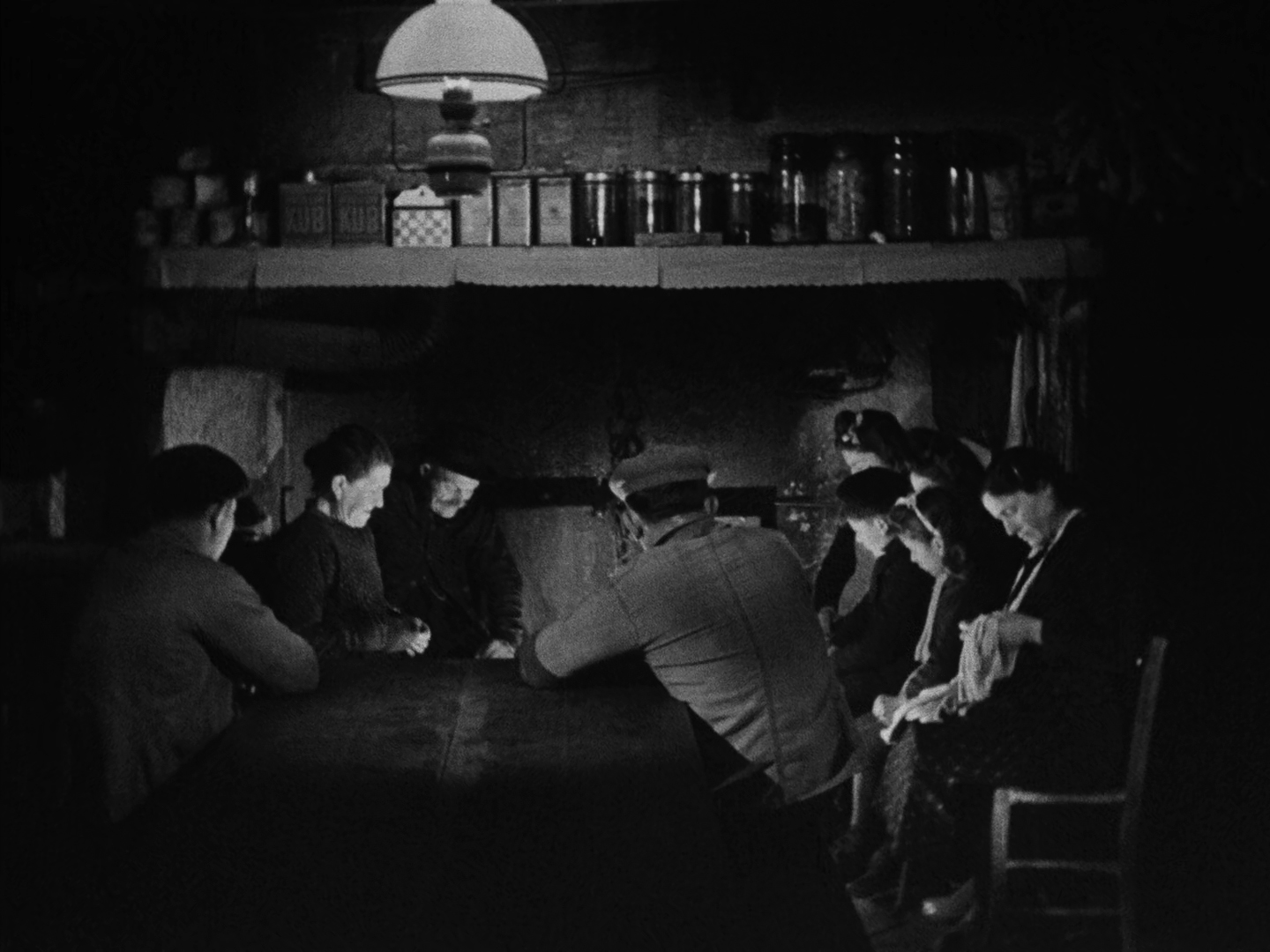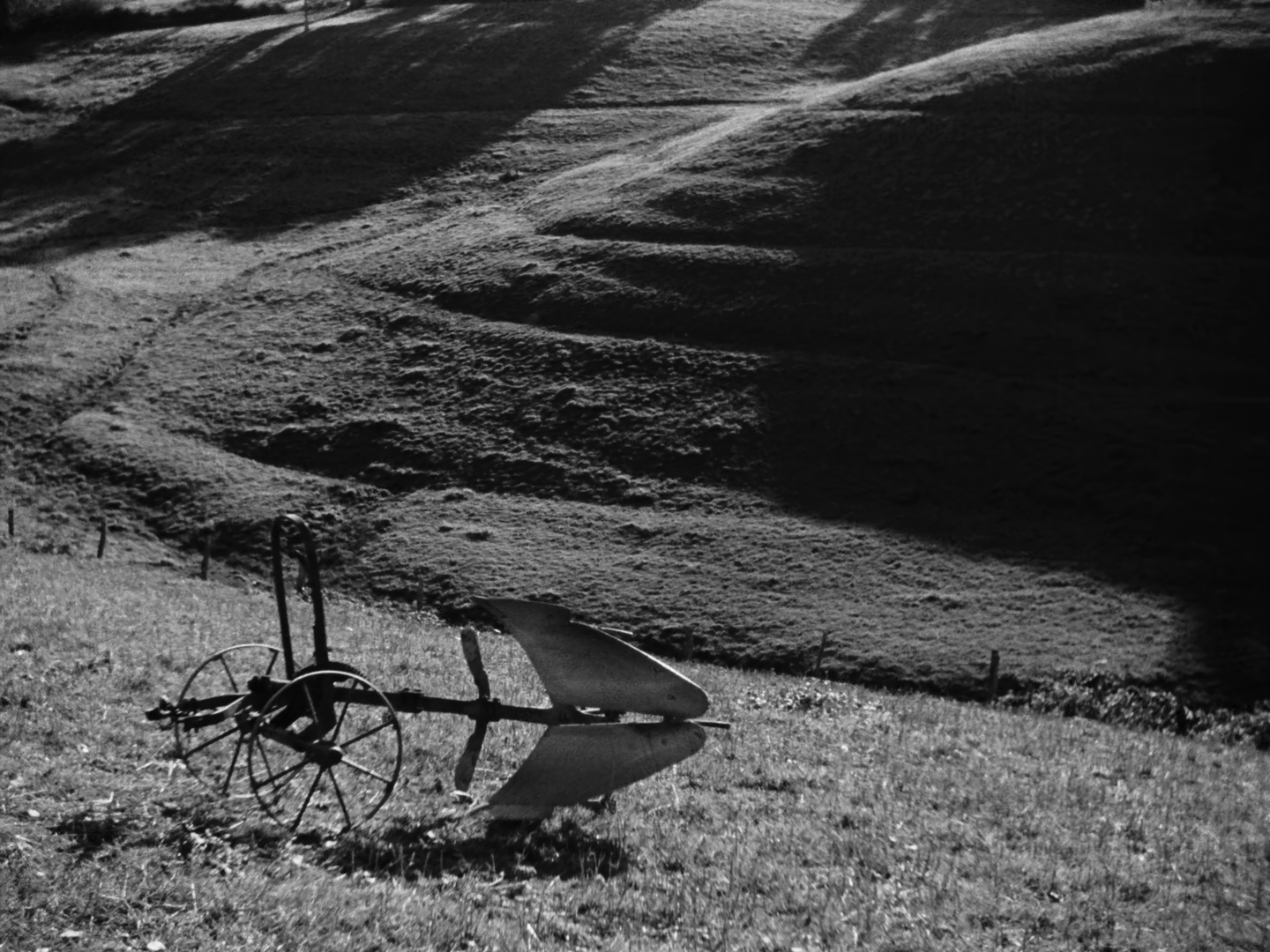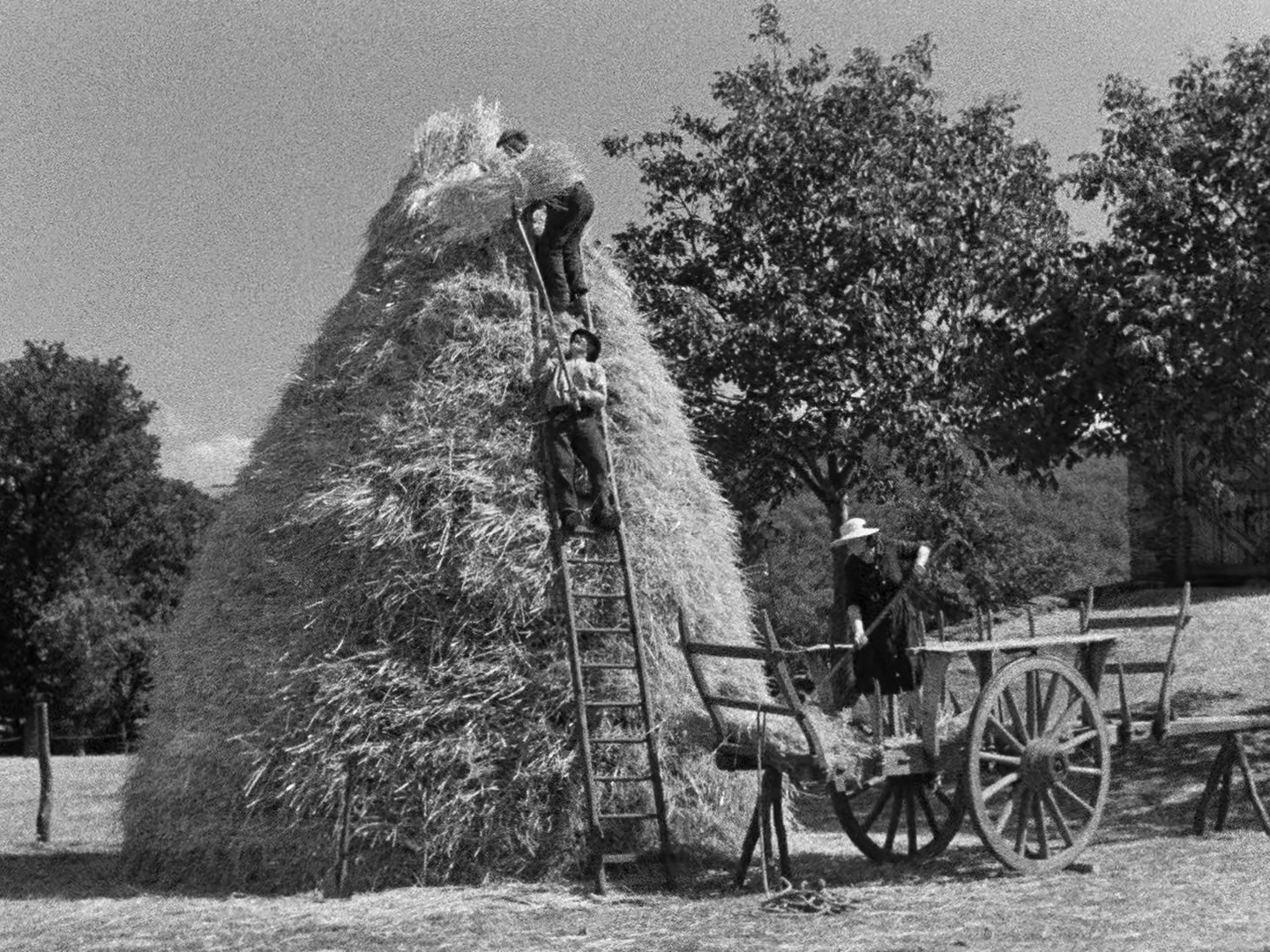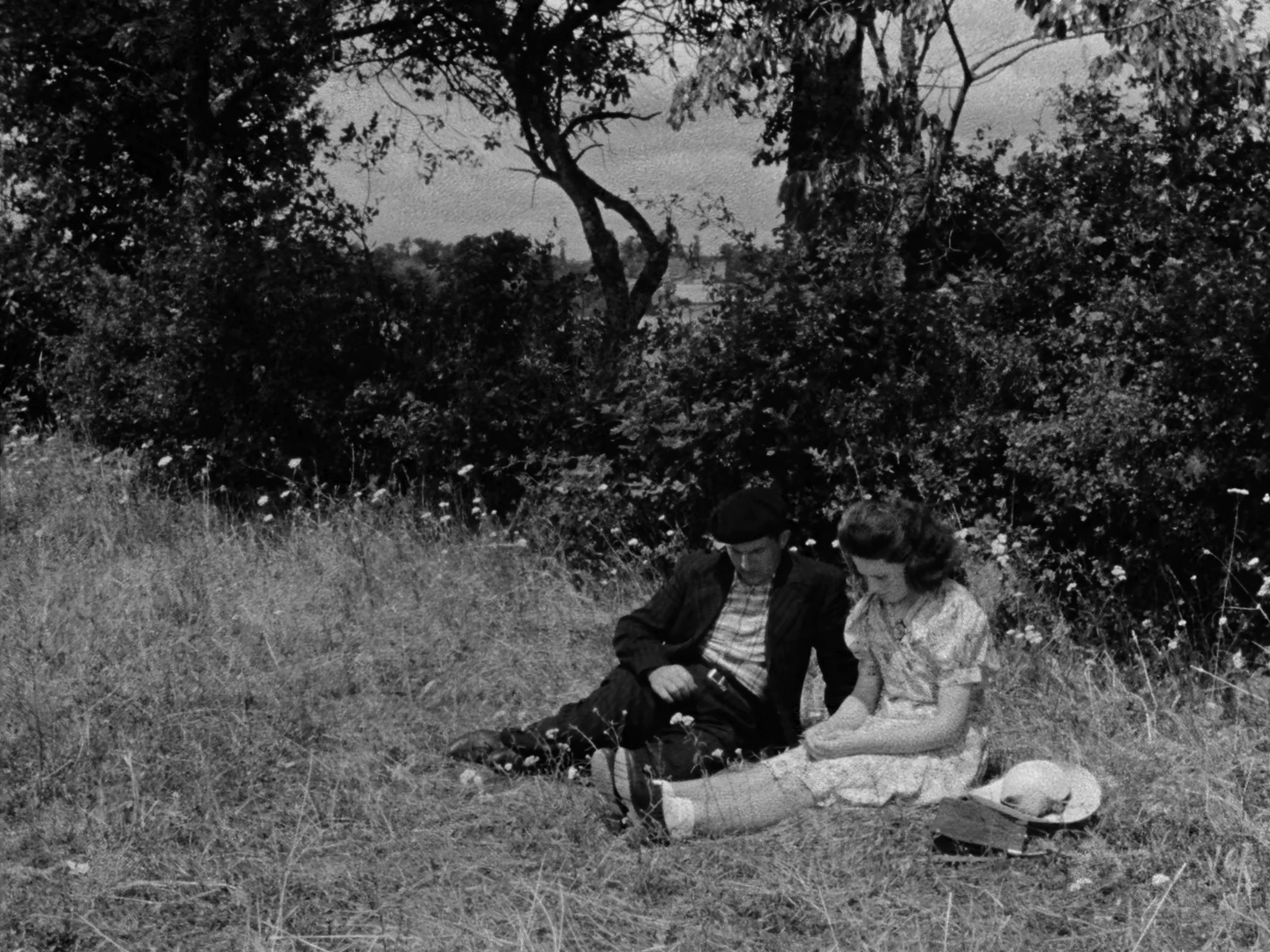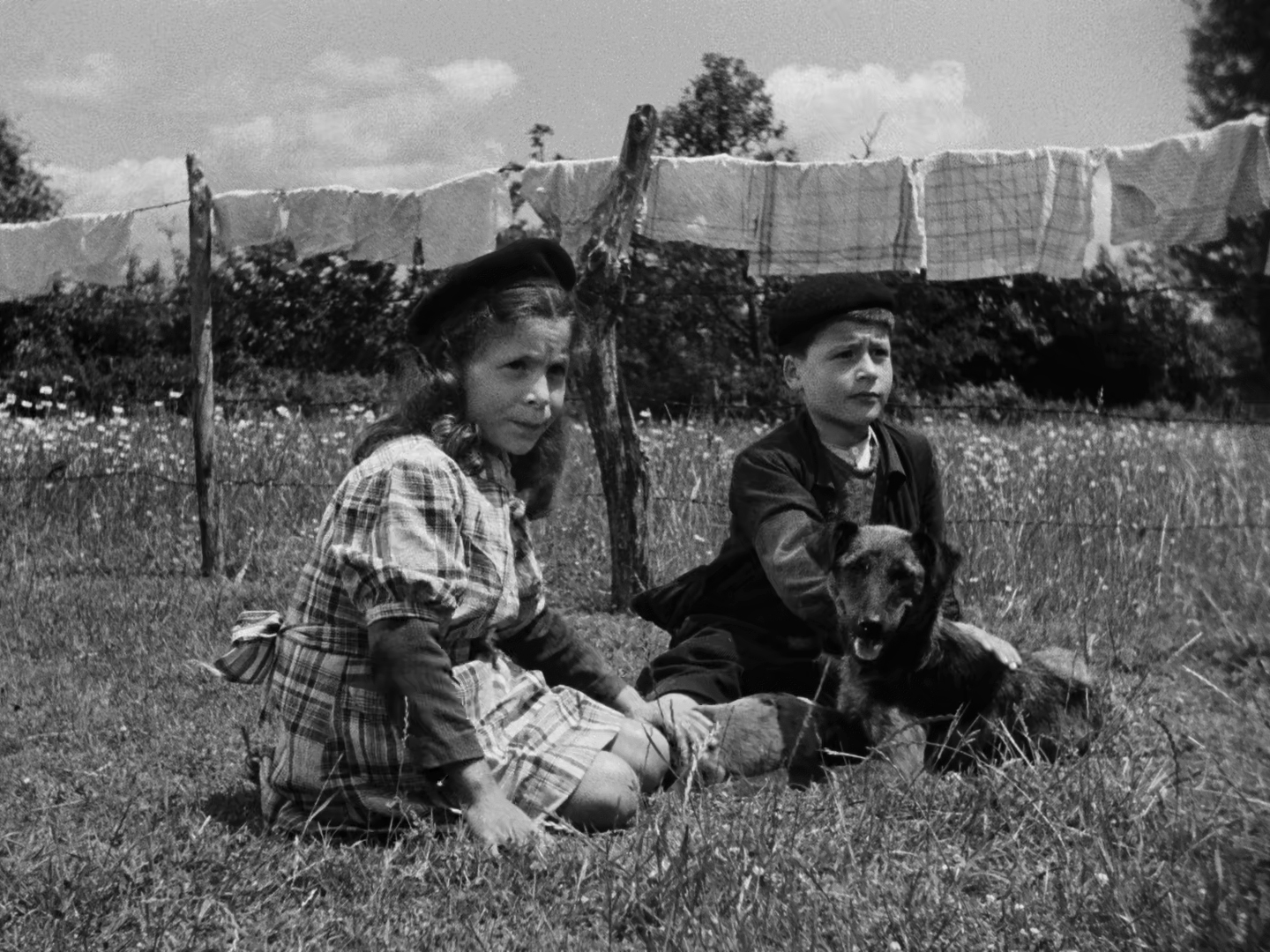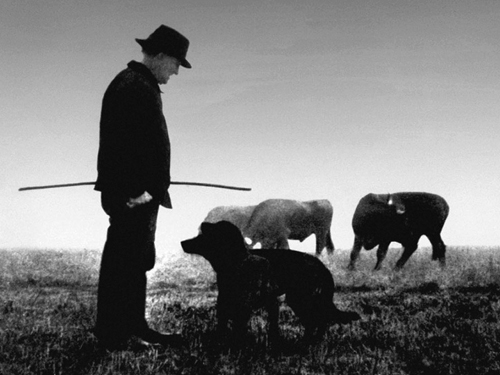The Case of Farrebique
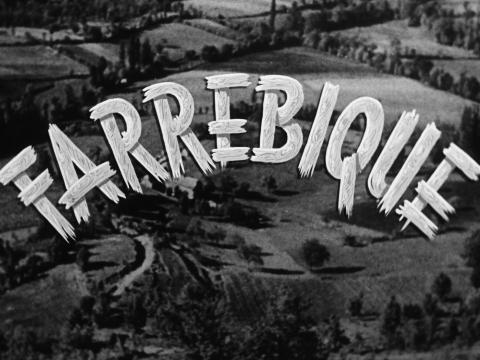
Reflections on a Polemic
The Film That Won’t Be Shown at the Cannes Festival: Farrebique
Farrebique by George Rouquier
If we were to choose one film to ponder over the debates on “realism” that occupied a large part of the 20th century arena of cinema, then let it be Farrebique (1946): Georges Rouquier’s magnificent chronicle of a year in the life of a farming family in Goutrens, Aveyron. André Bazin famously and vigorously defended the film against its detractors, who scornfully remarked that “cowpats are not photogenic” (Henri Jeanson) and that “it’s not even a documentary, rather a film which teaches us exactly nothing” (Jean Fayard), by declaring that the film’s singular accomplishment was to “deprive reality of all that has nothing to do with it, especially the parasitism of art”. Meanwhile, on the other side of the ocean, James Agee lauded Farrebique as one of the rare films that was able to keep the original promise of cinema alive: the promise to capture “the cruel radiance of what is.” After all, he claimed, the camera was the central instrument of his time, able to do what nothing else in the world could do: “To record unaltered reality; and it can be made to perceive, record, and communicate, in full unaltered power, the peculiar kinds of poetic vitality which blaze in every real thing and which are in great degree, inevitably and properly, lost to every other kind of artist except the camera artist.”
The controversy around the film – a new Battle of Hernani, as Jean Painlevé phrased it – brought into sharp focus the limitations and paradoxes of some of the denominators that have been used ad nauseam to divide and evaluate the cinematic landscape: documentary and fiction, authenticity and duplicity, asceticism and artfulness. These considerations, however, could not have been further away from Georges Rouquier’s mind when he set out to film the life on Farrebique, a farmstead that had been owned by his relatives for generations. Between 1944 and 1945, he spent a year with the family whose manner of living is governed by the seasons, by the dinnertime ritual of the grandfather cutting and handing out slices of bread, and the toilsome management of farm life on the eve of the introduction of electricity. The first shots in the film linger on the cracks slithering up the walls of the farmstead. “The house needs to be repaired,” says the grandfather, setting in motion the plot of the film: a series of daily comings, goings, and disputes, from the installation of electricity to the birth of a child, from quarrels about the farm’s inheritance to the cruel anticipation of death. All this, Rouquier films with a poetic sensibility and a sense of composition and rhythm that summons echoes with the work of Chaplin and Flaherty, Eisenstein and Dovjenko. No wonder Pedro Costa, when presenting the film at the Courtisane festival in Ghent, described the film as a form of science-fiction, as if the most day-to-day events crystallize and glisten on the screen like we’ve never seen them before; as if the actions and gestures that are all too often set aside as meritless prove to be, against all odds, all too worthy of fiction.
After making Farrebique, Rouquier directed a series of short films, documentaries, and features before finding a sideline as an actor. In 1983, he went back to the region in order to make a sequel, Biquefarre, with some of the original characters from the first film, shot some forty years earlier. Recently, seventy years after its first appearance, Farrebique was given a new lease of life, thanks to a beautiful restoration by Les documents cinématographiques. At a moment when contemporary cinema is increasingly challenging its borders and divisions and is eagerly exploring both its documenting and poetic forces, Farrebique’s splendour might be shining brighter than ever, as its achievement, to use Agee’s words, remains “wholly of our time.”
Stoffel Debuysere (Courtisane) and Gerard-Jan Claes (Sabzian)


